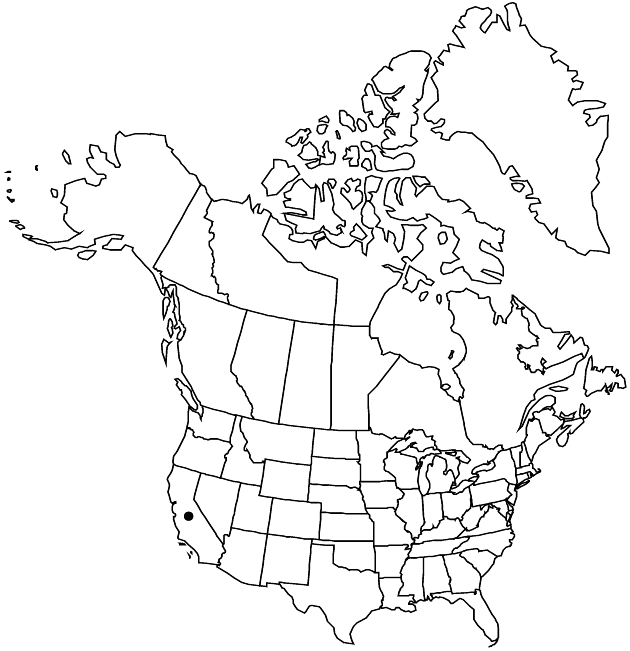Difference between revisions of "Ericameria fasciculata"
Contr. Gray Herb. 56: 36. 1918.
FNA>Volume Importer |
FNA>Volume Importer |
||
| Line 31: | Line 31: | ||
|distribution=Calif. | |distribution=Calif. | ||
|discussion=<p>Of conservation concern.</p><!-- | |discussion=<p>Of conservation concern.</p><!-- | ||
| − | --><p>Ericameria fasciculata is known only from near Monterey and Carmel bays (Monterey County). It probably hybridizes with E. ericoides.</p> | + | --><p><i>Ericameria fasciculata</i> is known only from near Monterey and Carmel bays (Monterey County). It probably hybridizes with <i>E. ericoides</i>.</p> |
|tables= | |tables= | ||
|references= | |references= | ||
| Line 55: | Line 55: | ||
|publication year=1918 | |publication year=1918 | ||
|special status= | |special status= | ||
| − | |source xml=https://jpend@bitbucket.org/aafc-mbb/fna-data-curation.git/src/ | + | |source xml=https://jpend@bitbucket.org/aafc-mbb/fna-data-curation.git/src/8f726806613d60c220dc4493de13607dd3150896/coarse_grained_fna_xml/V19-20-21/V20_92.xml |
|tribe=Asteraceae tribe Astereae | |tribe=Asteraceae tribe Astereae | ||
|genus=Ericameria | |genus=Ericameria | ||
Revision as of 15:28, 18 September 2019
Plants 30–150 cm. Stems erect to ascending, green when young, fastigiately branched, glabrous or sparsely hairy, resinous. Leaves ascending to spreading; blades filiform (terete or flattened), 5–25 × 1–2 mm, midnerves obscure, apices acute often mucronate, faces glabrous or sparsely hairy, regularly gland-dotted (in circular, deep pits), resinous; axillary fascicles of 2–10 leaves, shorter than subtending leaves. Heads mostly borne singly, sometimes in cymiform to racemiform arrays (4–6 cm wide). Peduncles 1–15 mm (bracts 3+, leaflike). Involucres subcampanulate, 6–8.5 × 5–7 mm. Phyllaries 22–26 in 3–5 series, yellowish tan, ovate to lanceolate, 2.5–7 × 0.6–1.5 mm, unequal, mostly chartaceous, midnerves evident, sometimes with 1–2, collateral nerves, ± thickened, raised, often expanded distally, subapical resin ducts darker, narrow and only slightly thickened, (margins membranous, erose-ciliate) apices erect, acute to acuminate or cuspidate, abaxial faces glabrous or sparsely hairy. Ray florets 4–6; laminae 4.5–6 × 1.2–2 mm. Disc florets 18–25; corollas 6.5–8 mm. Cypselae tan to brown, subcylindric, 3.5–4 mm, sericeous to villous; pappi off-white to reddish brown, 6.5–8 mm. 2n = 18.
Phenology: Flowering summer–fall, occasionally in spring.
Habitat: Sandy soils
Elevation: 0–500 m
Discussion
Of conservation concern.
Ericameria fasciculata is known only from near Monterey and Carmel bays (Monterey County). It probably hybridizes with E. ericoides.
Selected References
None.
